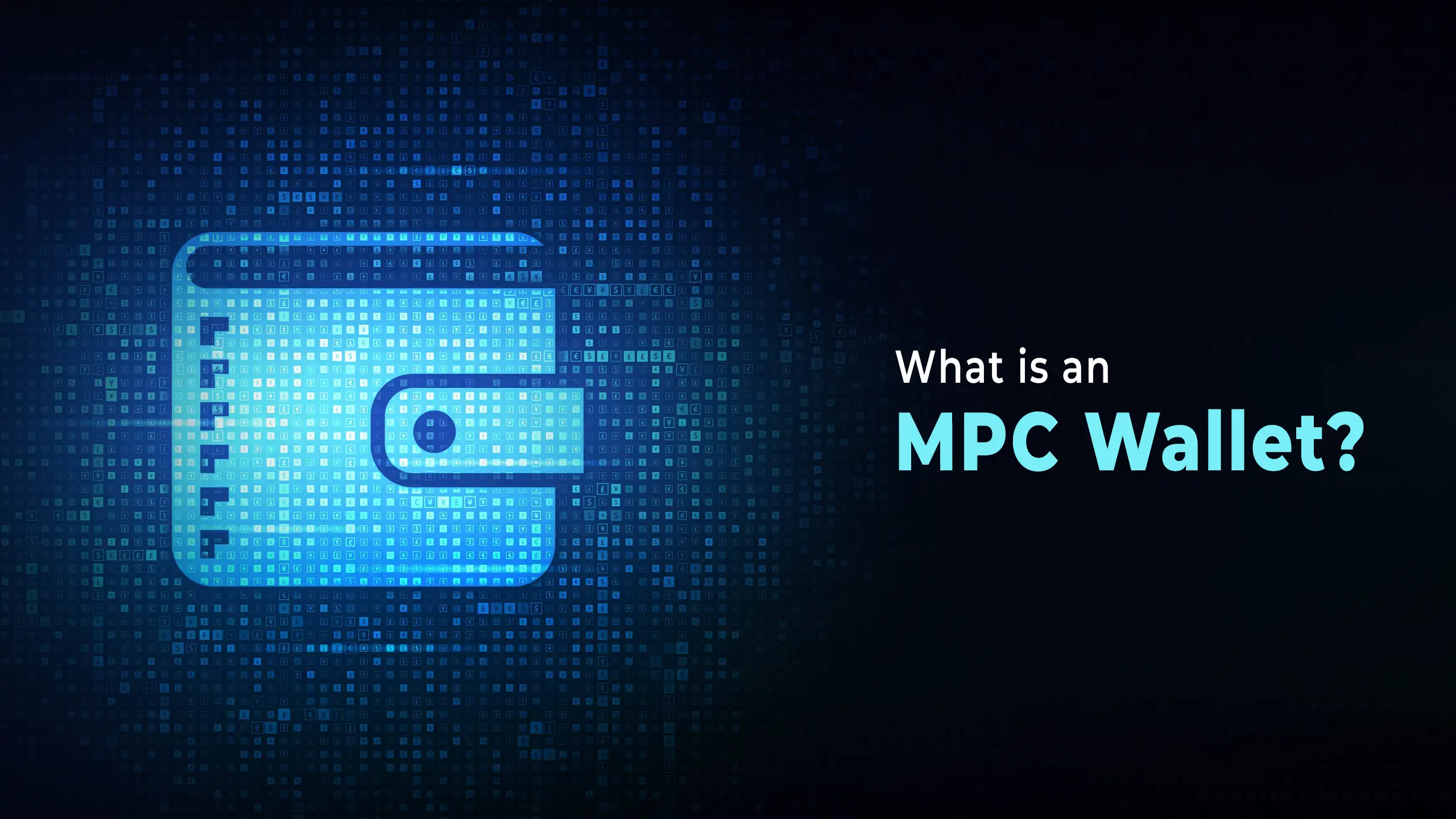In the rapidly evolving landscape of cryptocurrencies, security is paramount. As digital assets gain prominence, ensuring their safekeeping has become a top priority for investors and enthusiasts alike. One innovative solution that has emerged to address this concern is the Multi-Party Computation (MPC) wallet. In this article, we delve into the world of MPC wallets, exploring their purpose, benefits, and how they are revolutionizing cryptocurrency management.
The Evolution of Cryptocurrency Wallets:
Cryptocurrency wallets have evolved over time, transitioning from software wallets that store private keys locally to more secure hardware wallets. However, even hardware wallets have vulnerabilities, such as physical theft or damage. This is where MPC wallets come into play, introducing a novel approach to security.
What is an MPC Wallet?
An MPC wallet, or Multi-Party Computation wallet, is a cryptographic solution designed to enhance the security of cryptocurrency holdings. Unlike traditional single-key wallets, an MPC wallet distributes the private key into multiple parts, which are then securely stored across different devices or servers. These parts can only be combined to access the wallet’s contents through a mathematical process involving consensus among a predetermined number of participants.
How Does an MPC Wallet Work?
Imagine a vault that requires several trusted individuals to simultaneously input their unique codes to unlock its contents. Similarly, an MPC wallet leverages multi-party computation, where a specific number of participants collaborate to reconstruct the private key. This approach eliminates the need for a single point of failure while maintaining security.
Benefits of MPC Wallets:
Enhanced Security: The fragmented nature of the private key in an MPC wallet makes it nearly impossible for a single attacker or compromised device to access the funds.
Reduced Risk: The risk of losing access due to hardware damage or loss is minimized since the private key is distributed across multiple devices.
No Single Point of Failure: Unlike traditional wallets, which rely on a single private key, MPC wallets distribute control among several participants, reducing the chances of unauthorized access.
Increased Privacy: Participants involved in the MPC process only share cryptographic fragments of the private key, maintaining confidentiality.
Flexibility: MPC wallets allow for customization in choosing the number of participants required to reconstruct the key, offering a balance between security and convenience.
The Future of Crypto Security:
As the crypto space continues to expand, so does the need for robust security solutions. MPC wallets have gained attention for their potential to revolutionize how we manage and safeguard digital assets. Their ability to provide an additional layer of security beyond traditional wallets is a significant step forward in countering the evolving threat landscape.
In conclusion, MPC wallets represent a cutting-edge innovation in the world of cryptocurrency security. By leveraging the power of multi-party computation, these wallets offer enhanced protection, reduced risk, and increased privacy for digital asset holders. As the crypto community embraces new technologies to fortify their investments, MPC wallets are poised to play a pivotal role in shaping the future of secure cryptocurrency management.




